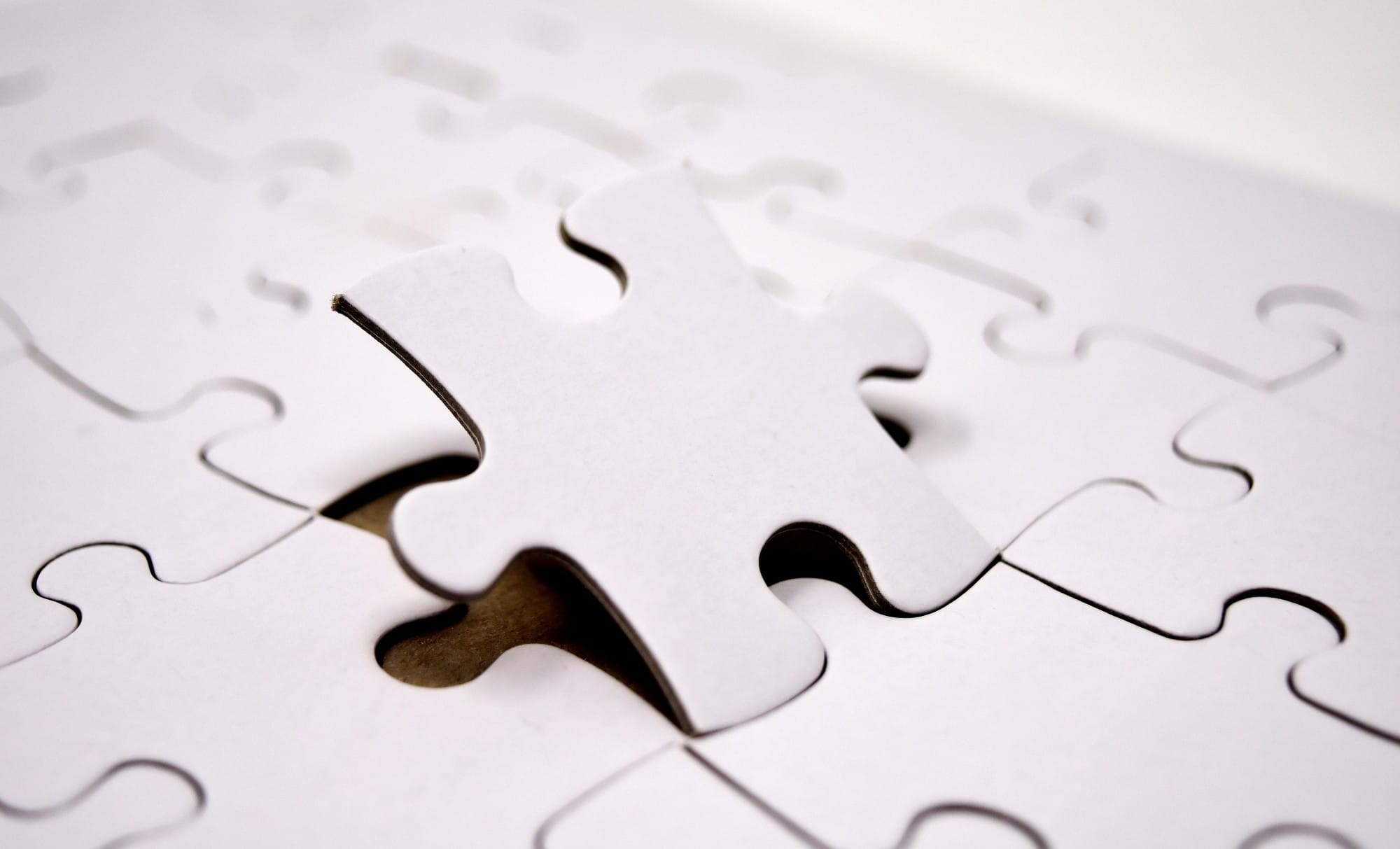Dementia is no laughing matter. More than seven million Americans had dementia in 2020.
But what you think is dementia may not actually be dementia. Many Americans have trouble remembering things, yet they have other problems besides dementia. If you think you are losing your memories, you need to stop and read about the causes of forgetfulness.
What are the most common causes of forgetfulness? How can you know if you have dementia or cognitive impairment? How can you reclaim your memories?
Answer these questions and you can fight back against forgetfulness today. Here are seven common causes of memory loss.
1. Sleep Deprivation
Both young and old people alike have problems with their memory when they are sleep deprived. You should try to get at least eight hours of sleep a night.
Try going to bed at the same time every night, as this will cue your brain that it is time to shut down. As a way to wind down, you can do a light activity like reading, making art, or praying.
Make sure you fall asleep and stay asleep, as waking up in the middle of the night can make your mind foggy. You can take a sleeping pill so you stay asleep for eight hours.
2. Medications
Many medications have a sedative effect, which can make it hard for you to remember things. Antidepressants and tranquilizers may mention memory loss as a side effect on the labels. Take a look at the label on your medication to see if memory problems in older adults are an effect.
You should talk to your doctor if you have constant problems with memory loss. You can switch medications, or you can handle your pre-existing condition in a different way. You can treat anxiety and depression through talk therapy.
3. Stress
Stress is one of the most common causes of memory loss. When you are distracted and feeling anxious, it is hard to pull yourself together and remember things.
When you are trying to remember something, you should take a deep breath. Close your eyes and start inhaling through your nose, then exhaling through your mouth. Focus on your breath as you take a few breaths, and then try to remember the subject you want to remember.
If you have a problem with stress, you should talk to a psychiatrist. They can give you advice on how to cope with stress and remember things in better detail. You can try using mnemonic devices to remember concepts.
4. Psychiatric Conditions
Depression can also cause forgetfulness. You may not feel the urge to remember things while you are depressed, or you may be distracted by your emotions.
Bipolar disorder can cause periods of depression followed by periods of mania. While you are very excited, it may be hard for you to remember something. You may speak or write very quickly, which can make it hard for you to express or retain information.
Psychosis is the inability to tell reality from fiction. The symptoms of psychotic disorders can overlap with dementia, as many people with dementia have hallucinations and trouble recognizing people. If you are mistaking fictional things for real events, you should go to a psychiatric hospital to get help.
5. Head Trauma
The more severe your head trauma is, the more memories you can lose. Some people lose their memories of entire days or weeks after a concussion.
You should go to the hospital after any head trauma. The symptoms of a concussion or brain bleed are not immediately apparent.
Photographs and written notes can help you jog your memory. You can also participate in occupational therapy and learn how to remember things. Developing a routine can help you remember to take care of yourself after an accident.
6. Mild Cognitive Impairment
Mild cognitive impairment (MCI) is a condition that causes memory problems in older Americans. If you have MCI, you may still be able to take care of yourself. But you may lose personal possessions and have difficulty coming up with words.
You can try activities to help you maintain your memory skills. Performing music, acting in theatrical productions, and dancing can keep your mind fresh and engage your memory.
MCI can develop into Alzheimer’s disease, though it does not always do so. You should visit your doctor and perform memory tests at least once a year.
7. Dementia
Dementia and aging are often paired together. In reality, dementia is not a natural part of aging, and some older Americans never develop dementia.
Memory loss is just one symptom of dementia. Some people lose interest in activities they loved previously and others lose control over their impulses. In rare cases, someone may have difficulty moving around or telling things apart from each other.
Treatment depends on the type of dementia you have. Aducanumab is a medication that can help people living with Alzheimer’s disease.
If you don’t have Alzheimer’s, you can get help at a memory care facility. Memory care facilities are living facilities for people with dementia so they can get 24-hour care. You should know more about memory care before you decide to pursue it, but it can work for many people with dementia.
The Most Common Causes of Forgetfulness
The causes of forgetfulness may surprise you. Sleep deprivation and medications may be the two most common causes of memory loss in the United States. Changing your sleep habits and therapy may improve your memory.
Yet you may be suffering from stress, psychiatric problems, and trauma. You should go to a doctor and get therapy for your symptoms. Mild cognitive impairment and dementia cause long-lasting problems, so you should pursue therapies like memory care.
You can retain your memories once you study the most recent treatments. Read more memory treatment guides by following our coverage.







